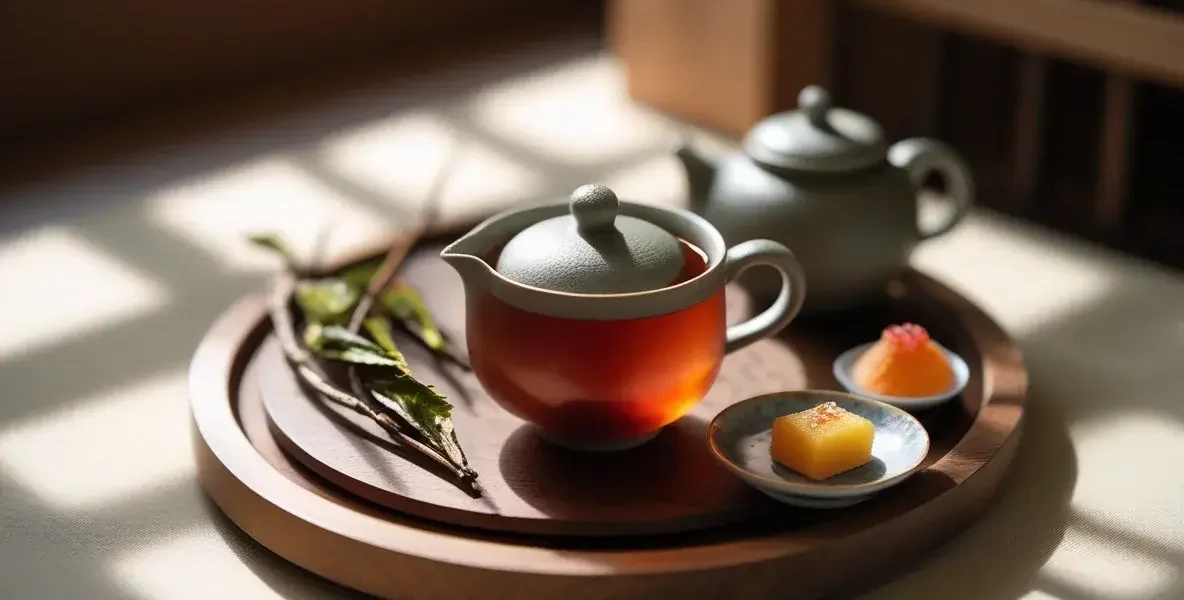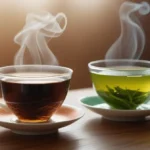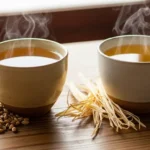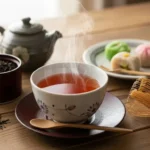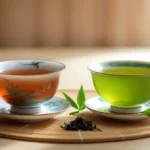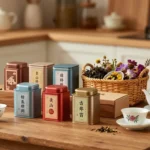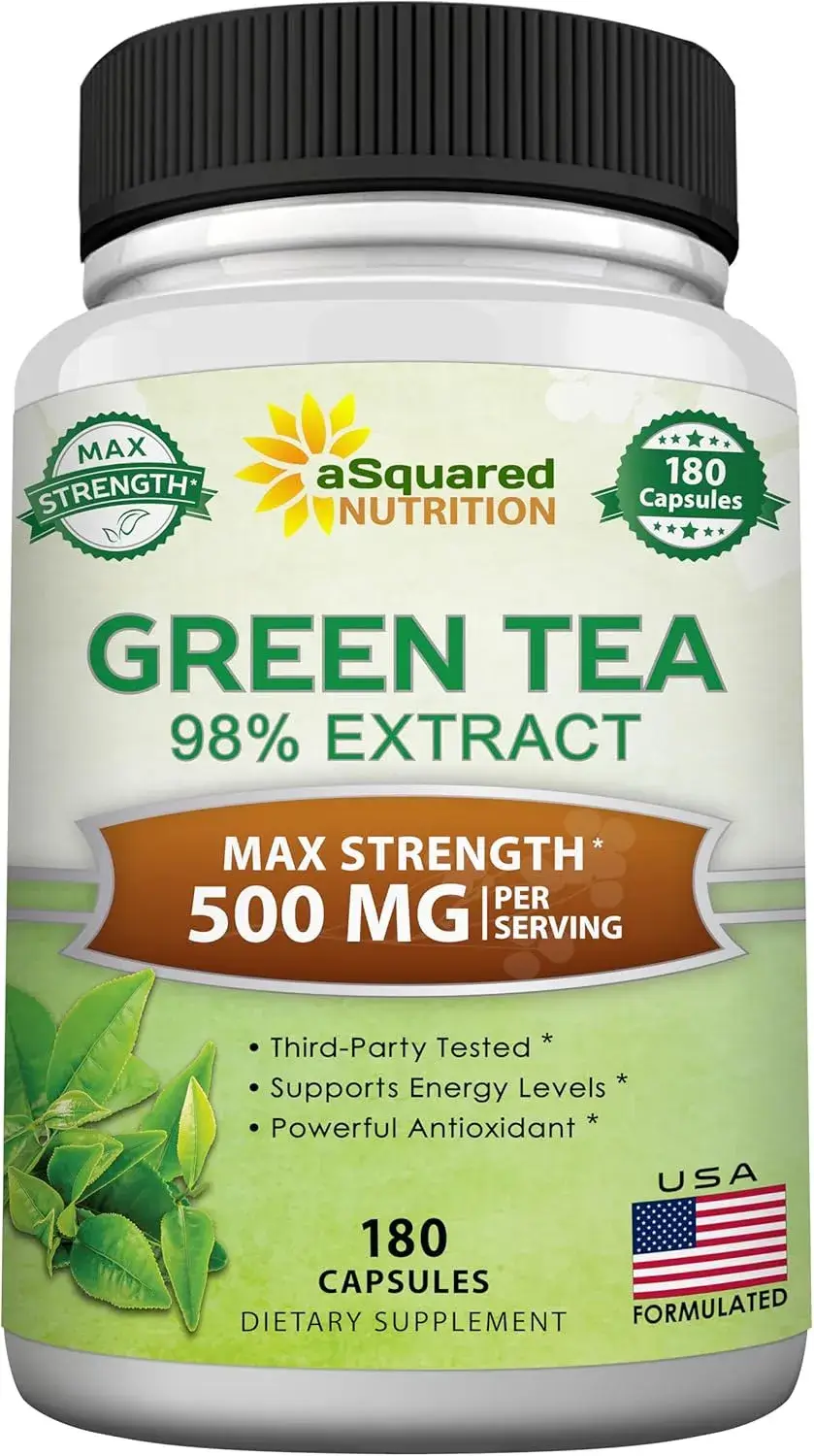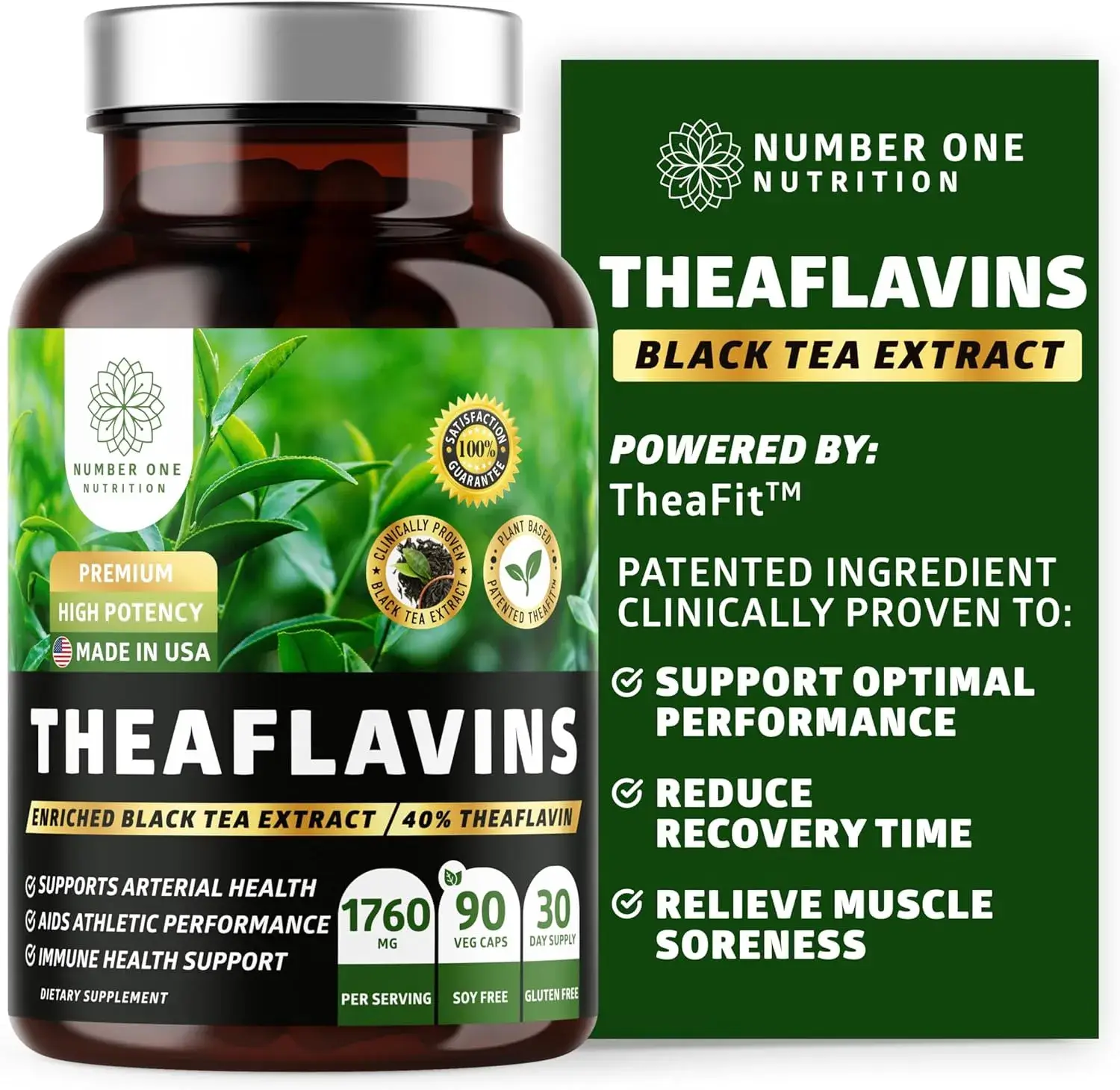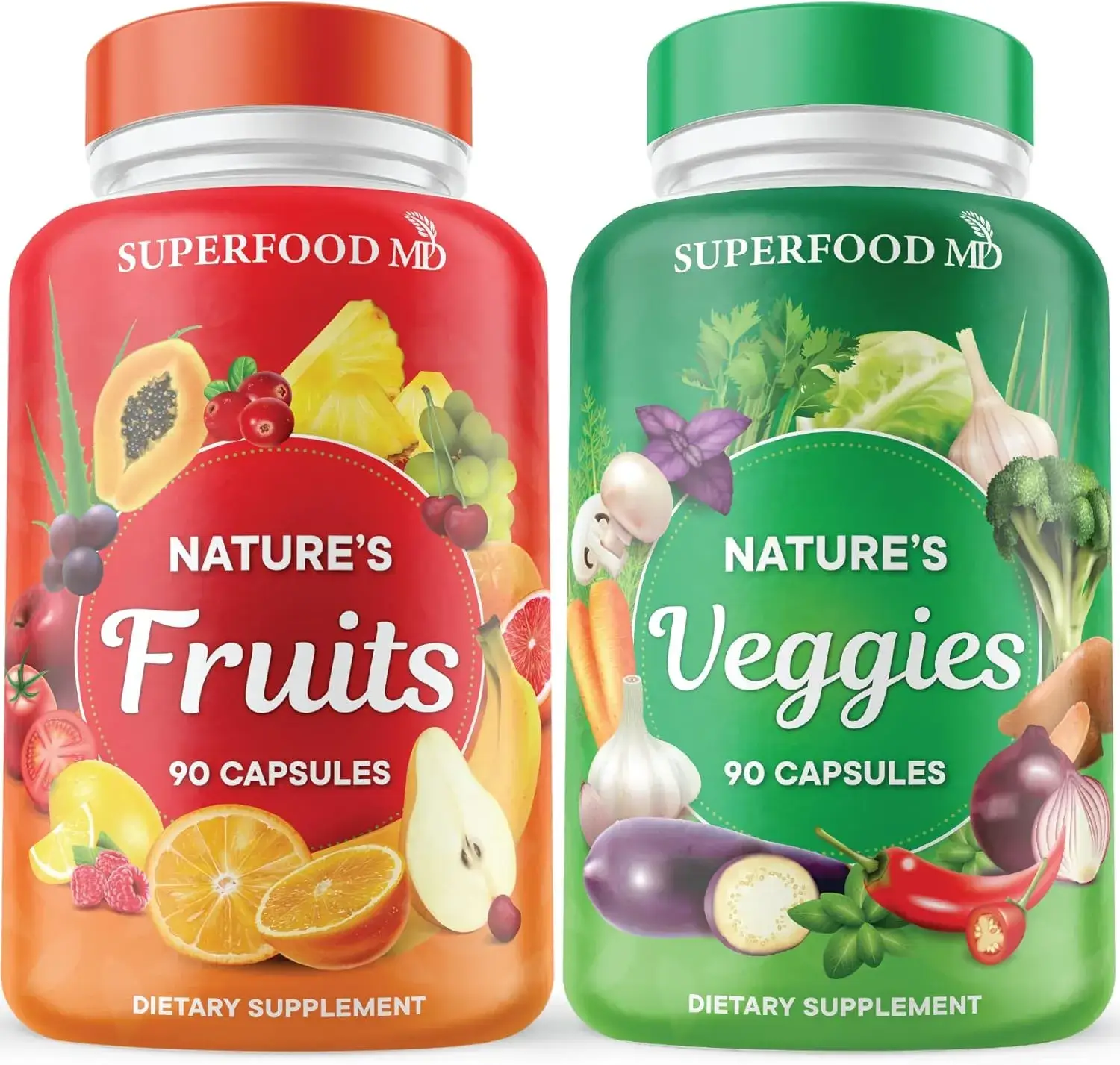Table of Contents
So, you’re expecting and wondering about your tea choices. It’s totally normal to want to know what’s safe and what’s not, especially when it comes to things like caffeine. Hojicha tea, this roasted green tea from Japan, has been popping up a lot, and people are curious if it’s a good option for pregnant folks. If you’re asking whether hojicha tea safe for pregnancy, you’re not alone. Let’s break down what makes Hojicha different and if it’s a good fit for you during this special time.
Key Takeaways
- Hojicha tea is generally considered safe for pregnant women due to its significantly lower caffeine content compared to other teas like black or green tea.
- The roasting process used for Hojicha reduces caffeine levels and makes the tea gentler on the stomach, which can be beneficial during pregnancy.
- Pregnant individuals are advised to limit their caffeine intake, and Hojicha can fit within these recommendations, offering a comforting beverage option.
- While Hojicha offers potential benefits like promoting relaxation and providing antioxidants, it’s always best to consult with a healthcare provider about specific dietary choices during pregnancy.
- Hojicha can be enjoyed in various ways, such as a traditional hot brew or a latte, and moderation in serving sizes is recommended.
Understanding Hojicha’s Caffeine Content During Pregnancy
When you’re pregnant, keeping an eye on your caffeine intake during pregnancy is pretty important. It’s not about cutting it out completely, but more about being mindful of how much you’re having. For expecting mothers, the general advice is to stick to around 200 mg of caffeine per day. This is a guideline, and it’s always best to chat with your doctor about what’s right for you.
So, where does hojicha tea caffeine pregnancy fit into this? Well, hojicha tea caffeine pregnancy levels are quite low. This is a big reason why it’s often considered a good option.
Hojicha’s Low Caffeine Profile
Hojicha is made from roasted green tea leaves, and this roasting process is key. It actually reduces the amount of caffeine compared to other green teas. Think of it this way: while a standard cup of green tea might have about 30 mg of caffeine, a cup of hojicha typically has much less, often in the range of 5-10 mg. This makes it one of the low caffeine teas for pregnancy.
Caffeine Recommendations for Pregnant Women
As mentioned, the general recommendation for caffeine intake during pregnancy is no more than 200 mg per day. This amount is considered safe for most healthy pregnancies. It’s helpful to remember that caffeine isn’t just in tea; it’s also in coffee, chocolate, and some sodas. So, when you’re tracking your intake, it’s good to consider all sources.
Comparing Hojicha to Other Teas
Let’s look at how hojicha tea caffeine pregnancy compares to other popular drinks:
| Tea Type | Caffeine Content (per 200ml) | Notes |
|---|---|---|
| Hojicha | 5-10 mg | Roasted, smooth taste |
| Green Tea | ~30 mg | Higher caffeine, more antioxidants |
| Coffee | ~95 mg | Significantly higher caffeine content |
As you can see, hojicha tea caffeine pregnancy is quite minimal, making it a much gentler choice compared to coffee or even some other types of tea.
👉 Grab Your Best‑Selling Hojicha Tea Today and Indulge 👈
The Roasting Process and Its Impact on Hojicha
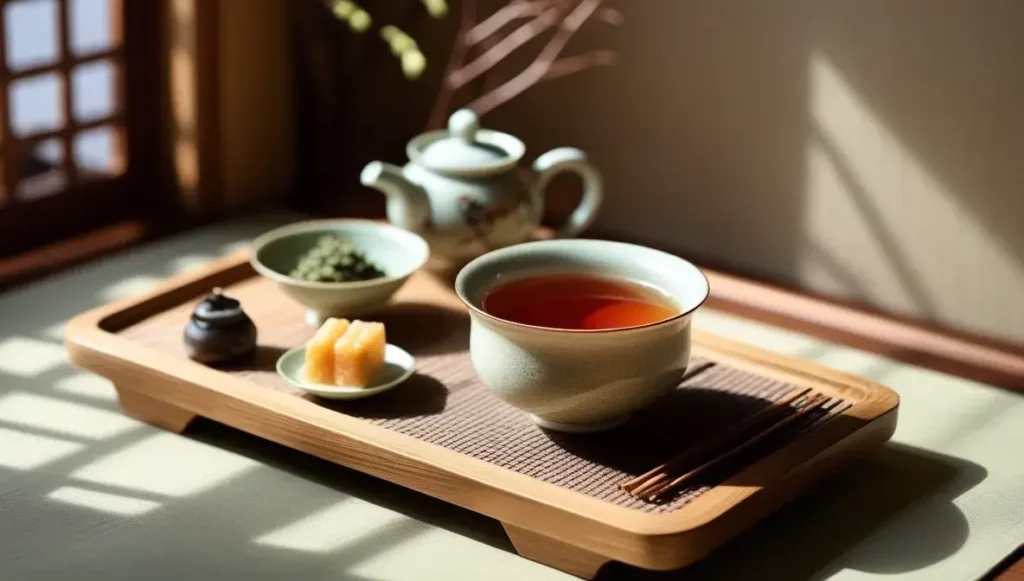
How Roasting Affects Caffeine
So, what exactly happens when tea leaves get roasted? It’s a pretty neat process. Roasting tea, especially at the high temperatures used for Hojicha (around 200°C or 392°F), actually helps to break down some of the caffeine molecules. Think of it like cooking food – heat changes its composition. This means that while Hojicha starts as green tea, which has caffeine, the roasting process significantly reduces its caffeine content compared to unroasted green teas like sencha or matcha. It’s not that it eliminates caffeine entirely, but it makes a noticeable difference, turning a potentially higher-caffeine drink into a much milder one. This is a big deal when you’re trying to be mindful of caffeine intake.
The Science Behind Hojicha’s Mildness
The reason Hojicha is so much milder, especially in terms of bitterness and caffeine, comes down to a couple of things. First, as mentioned, the roasting process itself. It transforms the catechins, which are the compounds that can give green tea its sometimes bitter or astringent taste, into other compounds that are less bitter. Plus, the heat helps to break down some of the caffeine. It’s often made from older leaves and stems, too, which naturally have less caffeine than young, tender leaves. So, you get this wonderfully smooth, toasty flavor without the strong kick you might get from other green teas. It’s a gentler experience all around.
Benefits of the Roasting Process
The roasting process isn’t just about reducing caffeine and bitterness; it actually brings its own set of advantages. The most obvious is the flavor profile – that warm, toasty, almost nutty aroma and taste is entirely a product of roasting. It makes Hojicha incredibly comforting and easy to drink, even for people who don’t typically enjoy green tea. Beyond taste, roasting also helps to stabilize the tea, giving it a longer shelf life. It also changes the color of the leaves from green to a reddish-brown hue.
Here’s a quick look at what roasting does:
- Flavor Transformation: Develops toasty, nutty, and slightly sweet notes.
- Caffeine Reduction: Breaks down some caffeine molecules, making it milder.
- Bitterness Reduction: Alters catechins, leading to a smoother taste.
- Color Change: Turns leaves from green to reddish-brown.
- Stabilization: Increases shelf life and makes the tea less prone to spoilage.
Is Hojicha Tea Safe for Pregnancy?
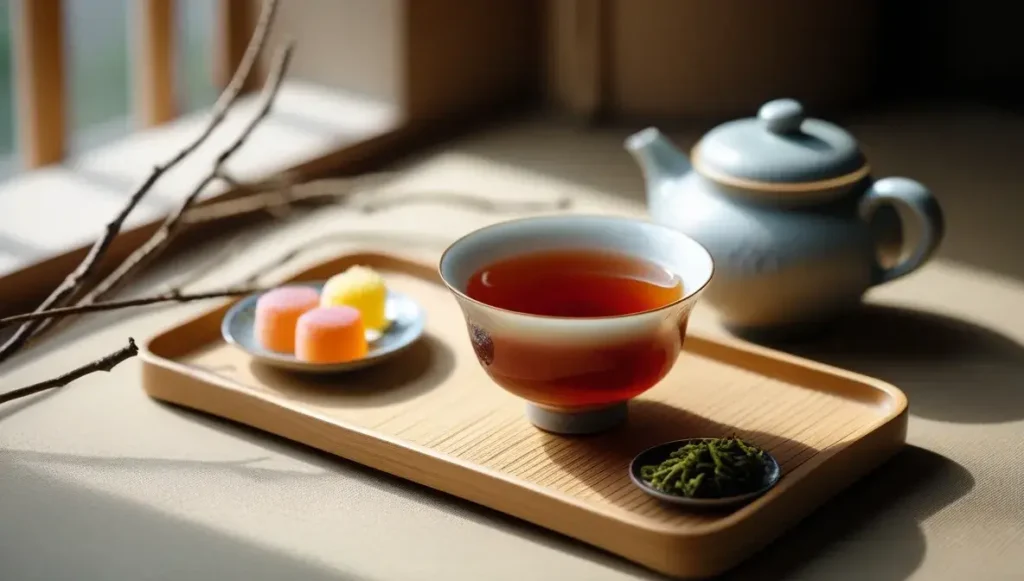
So, you’re pregnant and wondering about your tea habits. It’s totally normal to question what’s safe and what’s not, especially when it comes to caffeine. When you’re looking for safe teas for pregnant women, Hojicha often comes up as a good choice. Many people ask, “Can pregnant women drink Hojicha?” and the answer is generally yes, with a few things to keep in mind.
General Safety of Hojicha
Hojicha is a roasted green tea, and its roasting process significantly changes its profile compared to regular green tea. This makes it a more appealing option for many. The key reason Hojicha is considered safe during pregnancy is its considerably lower caffeine content. While all true teas (from the Camellia sinensis plant) contain some caffeine, Hojicha typically has about one-third the caffeine of coffee, and often less than other green teas. This makes it one of the better pregnancy safe tea options.
Why Hojicha is a Preferred Choice
When you’re pregnant, you’re often advised to limit your caffeine intake to around 200 mg per day. Hojicha fits nicely into this recommendation. Unlike some herbal tea safety pregnancy concerns, which can be complex depending on the herb, Hojicha is a familiar tea type. Its mild flavor and gentle nature on the stomach are also big pluses for expecting mothers who might be experiencing nausea or digestive discomfort. It’s a way to enjoy a warm, comforting drink without the jitters or the worry about excessive caffeine.
Consulting Healthcare Providers
Even though Hojicha is generally considered safe, it’s always best to chat with your doctor or midwife about your diet during pregnancy. They can give you personalized advice based on your health history and specific needs. They can help you understand what teas can i drink while pregnant and how much is appropriate for you. Remember, while Hojicha is a great choice among safe tea options for pregnancy, open communication with your healthcare provider is the most important step in ensuring a healthy pregnancy.
👉 Experience Top‑Rated Hojicha Tea Flavors Crafted Just for You 👈
Potential Benefits of Hojicha for Expecting Mothers
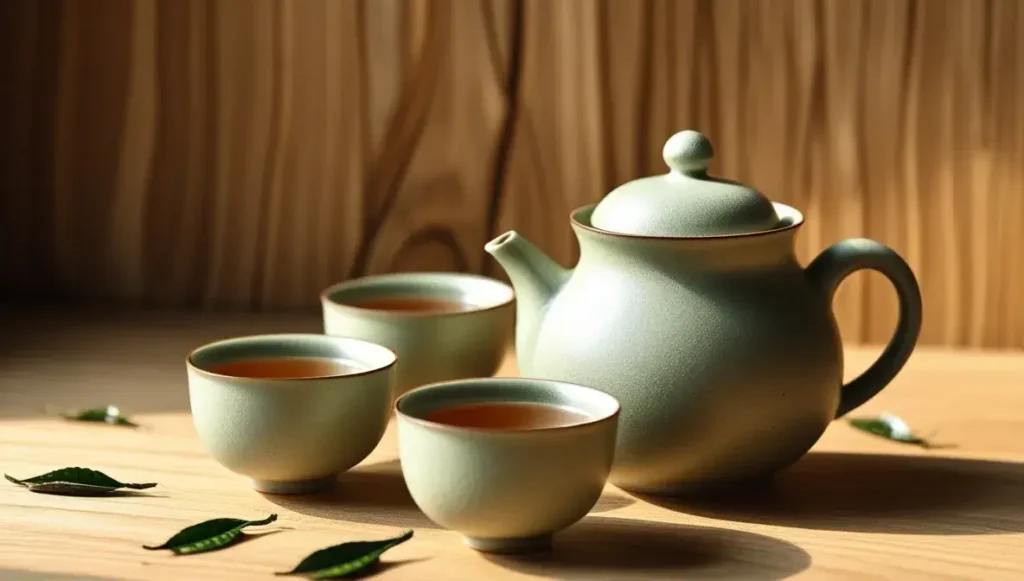
When you’re expecting, finding comforting drinks that are also safe can feel like a treasure hunt. Hojicha really shines here, offering some nice perks for moms-to-be. It’s known for being really gentle on the stomach, which is a big win when your digestive system is already doing a lot. The roasting process really mellows out the tea, taking away that sometimes harsh edge you can get with other green teas. This makes it a much smoother experience, less likely to cause any discomfort.
Plus, many people find that sipping a warm cup of Hojicha helps them relax and can even make it easier to fall asleep. Getting good rest is so important during pregnancy, so anything that helps with that is a definite plus. It also contains antioxidants, which are good for overall well-being, supporting your body as it works hard to grow a new life. It’s a simple pleasure that can make a difference in how you feel day-to-day.
Gentle on the Stomach
The roasting process that Hojicha goes through really changes its character. It reduces the tannins, which are the compounds that can sometimes make tea taste bitter or astringent and can also be a bit tough on the stomach. For pregnant women, especially those experiencing nausea or heartburn, this mildness is a huge advantage. It’s a comforting drink that’s less likely to upset your system compared to other teas.
Promoting Relaxation and Sleep
Finding ways to unwind is key during pregnancy, and Hojicha can be a part of that. Its low caffeine content means you can enjoy it in the evening without worrying about it keeping you awake. The warm, toasty aroma itself is quite soothing, and the ritual of preparing and sipping a cup can be a calming end to the day. Better sleep is a big deal when you’re pregnant, and Hojicha can help pave the way for a more restful night.
Antioxidants and Overall Well-being
Like other green teas, Hojicha contains antioxidants. These compounds help protect your body’s cells from damage. While it’s not a magic bullet, having these antioxidants as part of your diet supports your general health. It’s one of the benefits of hojicha for pregnant women that contributes to feeling good overall. It’s a nice way to get a little something extra for your well-being without any of the downsides of higher caffeine drinks.
Enjoying Hojicha Safely During Gestation
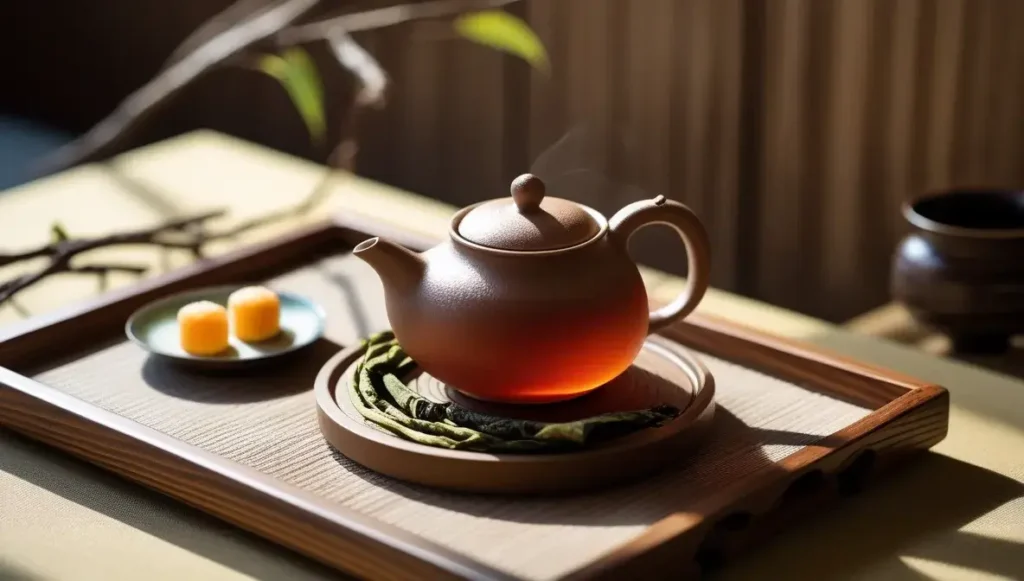
Recommended Serving Sizes
When you’re expecting, it’s always smart to be mindful of how much you’re consuming. For Hojicha, sticking to about 1-3 cups a day is generally considered a safe bet. This amount helps you enjoy its comforting flavor without overdoing the caffeine, which, as we’ve discussed, is quite low in Hojicha anyway. Think of it as a gentle treat rather than a main beverage.
Ways to Prepare Hojicha
There are a few simple ways to get your Hojicha fix:
- Traditional Hot Brew: This is the classic method. Just steep your Hojicha leaves in hot water, around 194°F (90°C), for about 30 seconds to a minute. It makes for a really warm and cozy drink, perfect for sipping before bed.
- Hojicha Latte: Want something a bit creamier? Brew the Hojicha strong, then mix it with steamed milk (dairy or non-dairy works great!) and a touch of sweetener if you like. It’s like a warm hug in a mug.
- Cold-Brewed Hojicha: If you prefer something refreshing, try cold brewing. Just put your Hojicha leaves in cold water and let it sit in the fridge for several hours, or even overnight. It comes out super smooth and mild.
Avoiding Overconsumption
Even though Hojicha is pretty mild, it’s still good practice not to go overboard. Keep track of your daily intake, especially if you’re also having other caffeinated drinks. Listening to your body is key; if you feel jittery or have trouble sleeping, it might be a sign to cut back a bit. Remember, moderation is always the best approach during pregnancy.
The beauty of Hojicha lies in its adaptability. Whether you prefer a simple hot cup, a creamy latte, or a cool, refreshing brew, it offers a comforting and low-caffeine option that can be easily incorporated into your daily routine without much fuss.
👉 Elevate Your Tea Game with Premium Hojicha Leaves Now 👈
Hojicha Versus Other Popular Pregnancy Teas
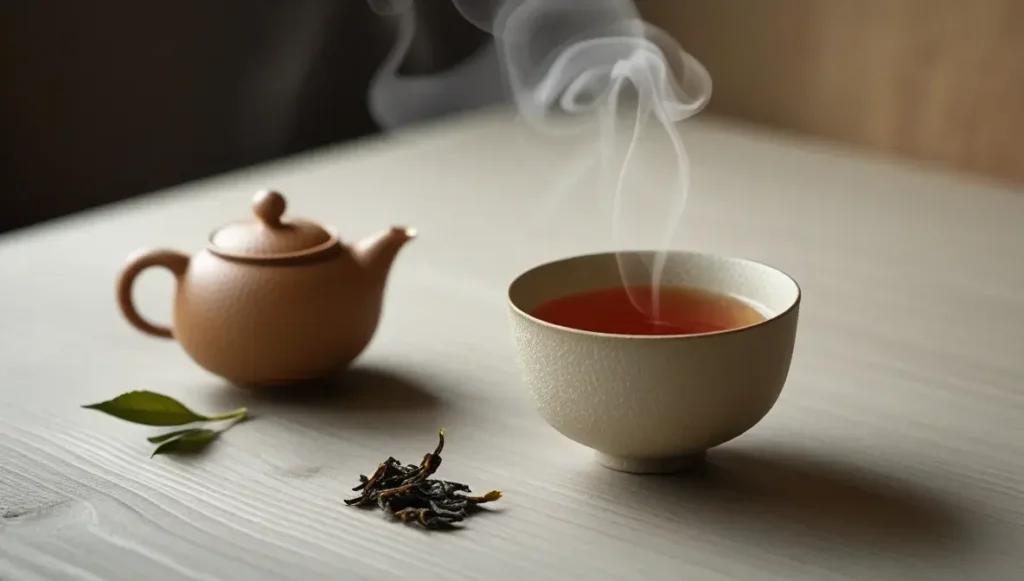
When you’re expecting, you start thinking about everything you consume, and tea is no exception. Lots of teas are off the table, but some are perfectly fine, even good for you. Let’s look at how hojicha stacks up against other popular choices.
Hojicha vs. Green Tea
Green tea is a go-to for many, but it can have a fair bit of caffeine. Hojicha is actually a type of green tea, but it’s roasted. This roasting process really changes things. It brings down the caffeine content significantly compared to regular green tea. Plus, that roasting gives it a toasty, mellow flavor that’s much less bitter. So, if you like green tea but want less caffeine and a smoother taste, hojicha is a great swap.
Hojicha vs. Herbal Infusions
Herbal teas, like chamomile or peppermint, are usually caffeine-free, which is a big plus during pregnancy. They’re often recommended for specific benefits, like helping with nausea or sleep. However, not all herbal teas are safe for everyone, especially when pregnant. It’s always best to check with your doctor about specific herbal blends. Hojicha, on the other hand, is made from the tea plant, but its low caffeine and gentle nature make it a widely accepted choice. It offers a bit of that tea flavor without the jitters.
Hojicha’s Unique Advantages
What makes hojicha stand out? For starters, its low caffeine content is a major win for pregnant folks. It’s also really gentle on the stomach, which is a big deal when your digestive system is already working overtime. The roasting process removes a lot of the tannins that can make other teas a bit harsh or cause stomach upset. It’s a comforting, warm drink that feels like a treat but is also quite sensible. Plus, it’s naturally free of gluten and vegan-friendly, which is a nice bonus for many.
Here’s a quick look at how caffeine levels compare:
| Tea Type | Caffeine (per 8oz cup) | Notes |
|---|---|---|
| Coffee | ~95 mg | Generally advised to limit heavily |
| Black Tea | ~47 mg | Moderate caffeine content |
| Green Tea | ~28 mg | Lower than black tea, but variable |
| Hojicha | ~7.7 mg | Very low caffeine |
| Herbal Teas | 0 mg | Caffeine-free, but check safety |
So, Can You Sip Hojicha While Expecting?
So, after all that, it looks like Hojicha is generally a pretty safe bet for pregnant folks. It’s got way less caffeine than coffee, which is a big win when you’re trying to keep your intake low. Plus, that toasty flavor is really nice, and it’s supposed to be easier on the stomach. It’s definitely a good option if you’re looking for a warm drink that won’t keep you up all night or give you the jitters.
As always, though, it’s a good idea to chat with your doctor or midwife about what you’re eating and drinking, just to be sure it fits with your specific pregnancy needs. But for most people, enjoying a cup of Hojicha sounds like a perfectly fine way to relax.
👉 Unlock the Best Hojicha Tea Experience in Every Sip 👈
Frequently Asked Questions
Can I drink Hojicha tea while pregnant?
Yes, Hojicha tea is generally considered safe for pregnant women. It has much less caffeine than coffee or black tea, which is a big plus during pregnancy.
Why is Hojicha considered low in caffeine?
The roasting process used for Hojicha significantly lowers its caffeine content compared to other green teas. This makes it a gentler option.
How much caffeine is in Hojicha, and is it safe for pregnancy?
Doctors usually suggest limiting caffeine to about 200 milligrams a day during pregnancy. A cup of Hojicha typically has only about 5-10 milligrams, making it easy to stay within safe limits.
Is Hojicha gentle on the stomach during pregnancy?
Hojicha is often easier on the stomach because the roasting process reduces bitterness and acidity. This can be helpful for expecting mothers who might experience nausea or an upset stomach.
Should I talk to my doctor before drinking Hojicha?
While Hojicha itself is safe, it’s always a good idea to talk to your doctor or midwife about any specific concerns or dietary changes during your pregnancy. They can give you personalized advice.
How can I prepare Hojicha tea during pregnancy?
Hojicha can be enjoyed in a few ways! You can brew it like regular tea with hot water, make a creamy Hojicha latte with milk, or even try cold-brewing it for a refreshing drink.
